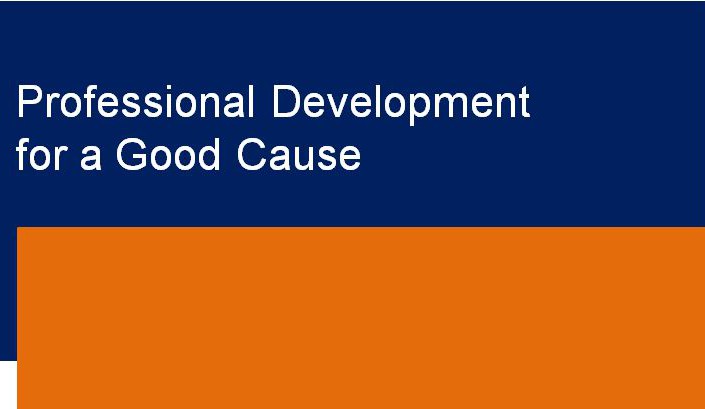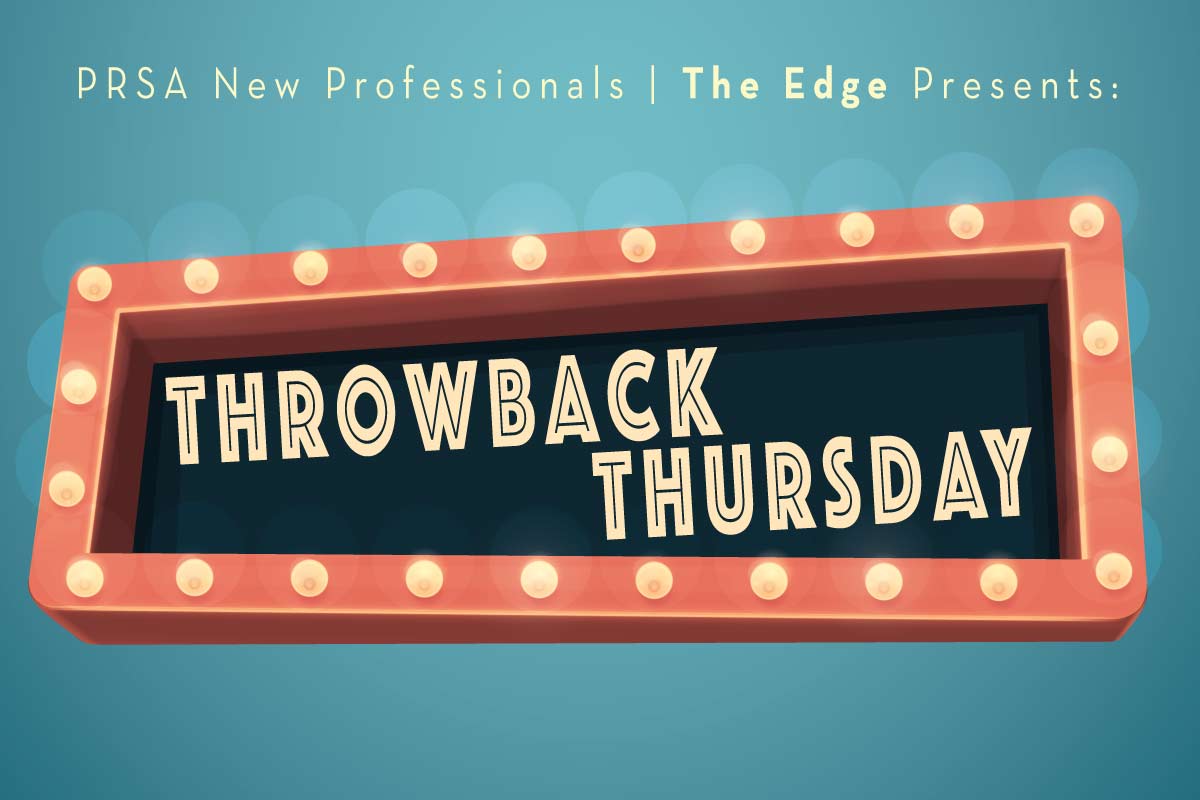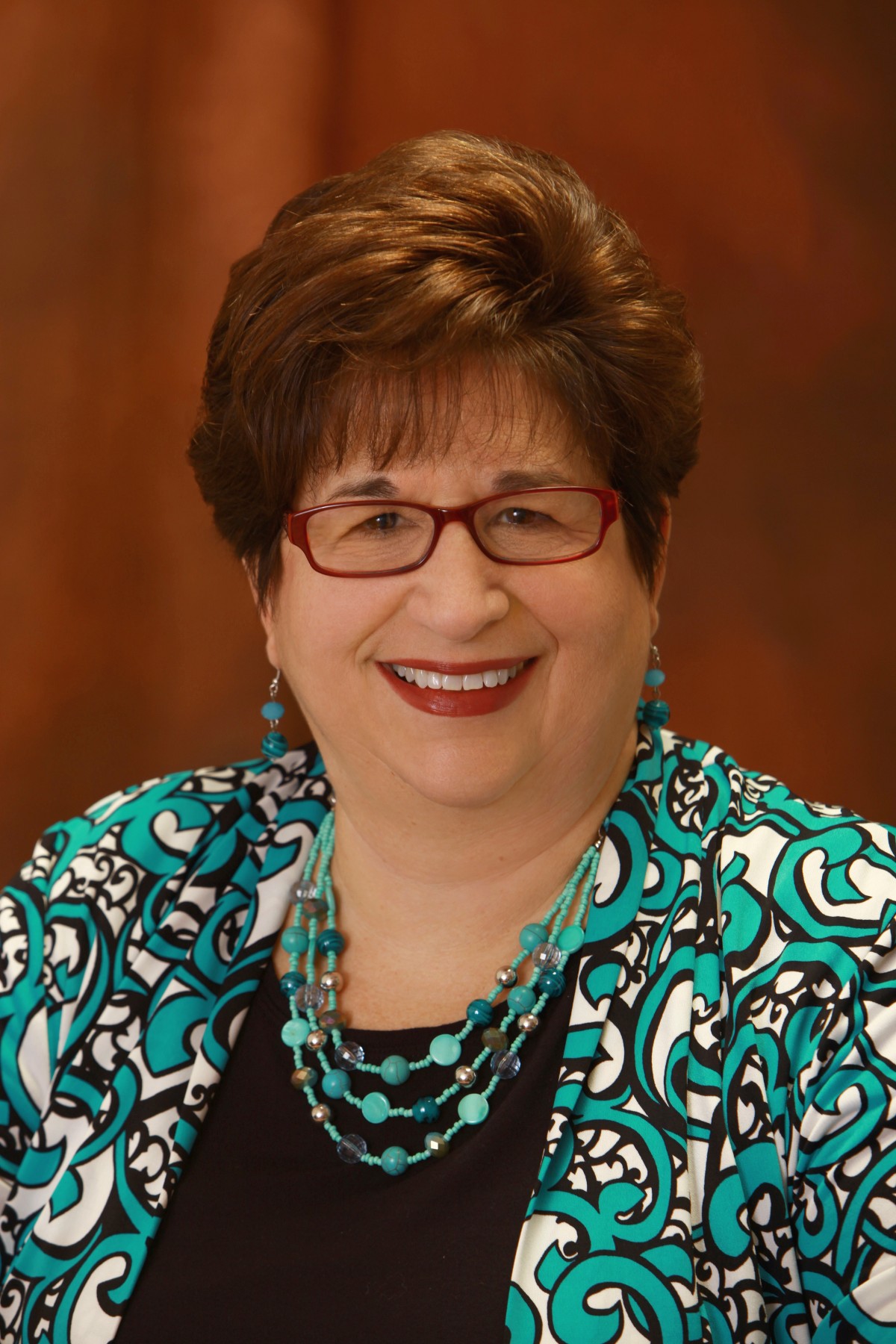By Elizabeth McGlone
My pro bono work for nonprofits started with a rejection letter.
I had applied for a position at a PR agency but wasn’t selected. I was disappointed but also determined to learn from the experience. My first step was to get advice about how to become a better job candidate for future opportunities. A contact at that same PR agency suggested
pro bono work as a great way to build my own skillsets while also helping an organization that was probably short-handed when it came to PR.
It was one of those, “Why didn’t I think of that?” moments.
Finding the right organization.
I began researching nonprofits in my area that do work for causes I am passionate about. One non-profit in particular stood out to me, National Alliance on Mental Illness, or NAMI, Indiana, and with my top choice in mind, I reached out to the organization.
NAMI was thrilled that I was interested in doing pro bono work for them! In fact, my point of contact had been a PR volunteer who later transitioned into a full-time role in their communications department.
Getting the right experience.
In my first conversations with NAMI, I made it clear that I was looking for an opportunity to gain experience in areas of PR that I hadn’t previously had exposure to, namely media relations.
Fortunately, this fit with NAMI’s needs and my timing was perfect. Their annual mental health and criminal justice summit was approaching and they needed help writing promotional content and getting media coverage.
The summit has since concluded, but it was incredibly satisfying to see the results of my hard work. I was tasked with finding media coverage of the event and secured a local reporter who published an article on the mental health program discussed in the workshop. This is publicity and attention that the program may not have received otherwise.
Working through the challenges.
Although my pro bono work for NAMI was extremely rewarding, it hasn’t been without its obstacles.
One of the biggest challenges was nurturing the relationship with NAMI and meeting the deadlines and goals that I set for myself. This wasn’t easy with a full-time job, other volunteer commitments, and my own hobbies that I also had to balance. NAMI’s employees also had their own responsibilities and it was my responsibility to maintain open lines of communication. I had to be proactive and persistent, providing updates on my tasks and asking for new ones. Each week I blocked out time on my calendar to work on NAMI-related items so I could make steady progress and meet deadlines.
Overall, my experience was enjoyable and invaluable to my professional development. It is fulfilling to know that my expertise is helping a cause I am passionate about, and it’s exciting to watch my skillsets grow. I’m excited to see how this opportunity grows and changes, and also what other opportunities the future holds.
What do you do to volunteer your PR services to nonprofits? What is most important to you when you look for a volunteer opportunity?
Elizabeth McGlone a native Hoosier and a Digital Marketing Coordinator at Pinnacle Solutions Incorporated. She is an active member of the PRSA Hoosier Chapter, serves as a committee member of the Professional Development Special Events/Networking Committee, and is a co-chair for the New Pros Committee. In her spare time, Elizabeth does pro bono PR work for local nonprofits, including NAMI and Phi Beta Kappa Alpha Association of Indiana, and also enjoys biking and backpacking. You can connect with her on LinkedIn here.




